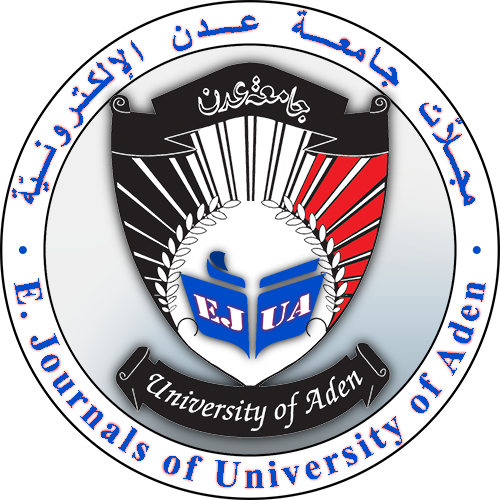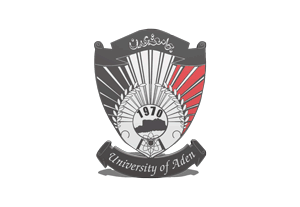EXPLORING THE CHALLENGES ENCOUNTERED BY SAUDI TRANSLATORS IN UTILIZING ARTIFICIAL INTELLIGENCE FOR BUSINESS TRANSLATION
DOI:
https://doi.org/10.47372/ejua-hs.2025.1.432Keywords:
AI-assisted business translation, Saudi translators’ challenges, Linguistic and cultural adaptation, Human-AI collaboration in translation, Technical limitations of AI translationAbstract
This study explores the challenges encountered by Saudi translators in utilizing artificial intelligence (AI) for business translation. The study aims to achieve three key objectives: identifying the linguistic challenges Saudi translators encounter when using AI-based tools in business translation, examining the technical and functional difficulties associated with AI integration, and assessing the challenges in human-AI collaboration, particularly in post-editing and accuracy verification. A quantitative research methodology was employed, utilizing a structured questionnaire distributed to 40 Saudi translators. The questionnaire measured participants’ perceptions of AI translation tools across three categories: linguistic and terminological challenges, technical and functional difficulties, and human-AI collaboration obstacles. The collected data were analyzed using descriptive statistics, ANOVA tests, and correlation analysis to identify key trends and relationships between variables. The findings reveal that AI translation tools struggle with business-specific terminology, context-dependent meanings, and cultural adaptation, leading to frequent errors requiring extensive human post-editing. Additionally, technical inconsistencies and a lack of transparency in AI decision-making processes hinder effective workflow integration. The study also finds no significant differences in perceptions of AI translation challenges based on translators’ education levels, indicating that these issues are widely recognized across different expertise levels.
Downloads
Downloads
Published
How to Cite
Issue
Section
License

This work is licensed under a Creative Commons Attribution-NonCommercial 4.0 International License.








